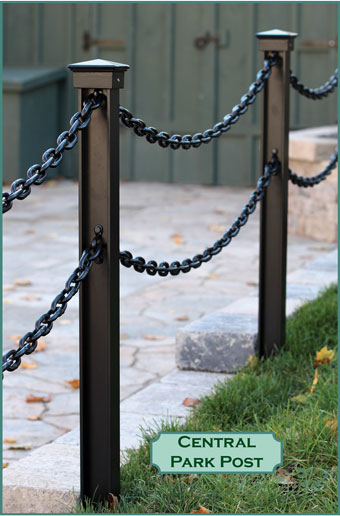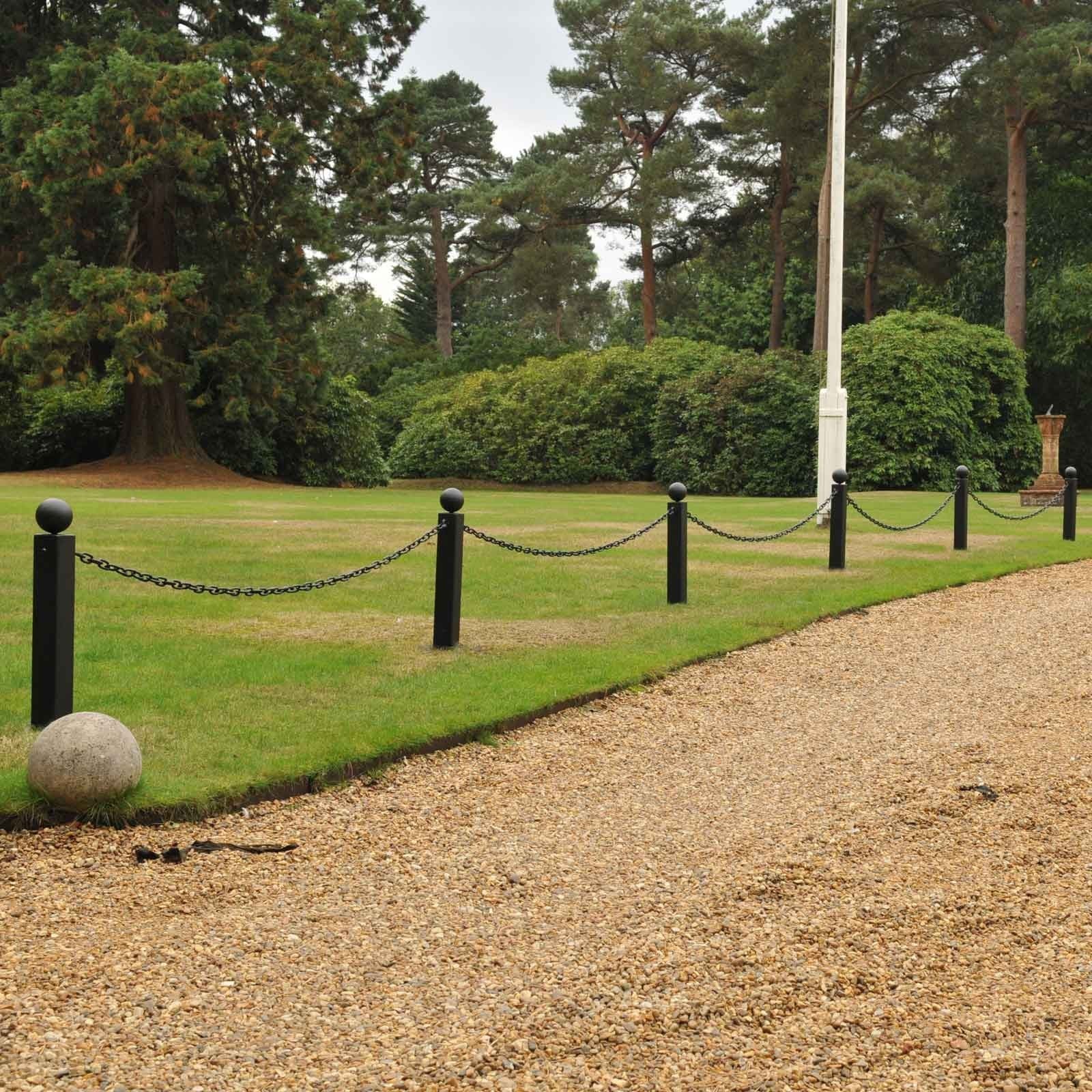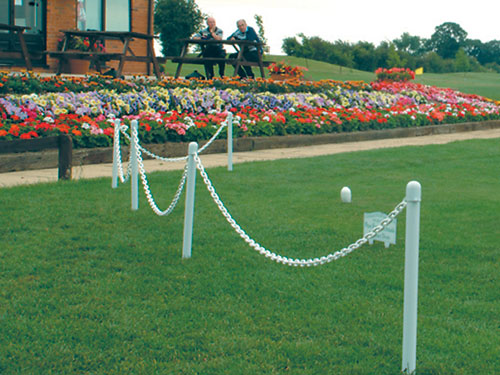Introduction
Decorative post and chain barriers are more than just functional; they add a touch of elegance and demarcation to various settings. Whether you’re looking to beautify your garden, create a welcoming outdoor space, or manage crowd control at events, these barriers serve multiple purposes. In this article, we’ll explore various aspects of decorative post and chain barriers, including their benefits, types, installation procedures, and maintenance tips, ensuring you find the perfect solution for your needs.
What are Decorative Post and Chain Barriers?
Decorative post and chain barriers consist of upright posts linked by chain segments. They are commonly used in both residential and commercial settings to define spaces, guide foot traffic, and enhance the aesthetic appeal of an area.
Benefits of Decorative Post and Chain Barriers
1. Aesthetic Appeal
One of the most significant advantages of these barriers is their ability to beautify a space. Available in various designs, materials, and colors, decorative post and chain barriers can complement any architectural style.
2. Safety and Security
These barriers help maintain safe boundaries, guiding foot traffic and preventing unauthorized access in areas that require it.
3. Versatility
Suitable for residential gardens, parks, commercial facilities, and events, decorative post and chain barriers can serve multiple purposes.
4. Easy Installation
Installation is straightforward and usually doesn’t require any special tools, making it an accessible DIY project for homeowners.
Types of Decorative Post and Chain Barriers
1. Materials
- Metal: Durable and available in various finishes.
- Wood: Adds a rustic charm but may require more maintenance.
- Plastic: Lightweight and resistant to weather, ideal for temporary setups.
- Concrete: Very sturdy, often used in permanent installations.
2. Styles
Decorative post and chain barriers come in numerous styles, including:
- Traditional: Classic designs that fit historical buildings.
- Modern: Sleek lines and minimalistic aesthetics for contemporary spaces.
- Rustic: Weathered and rough finishes fitting for natural surroundings.

How to Install Decorative Post and Chain Barriers
Materials Needed
- Decorative posts
- Chain links
- Concrete mix (for permanent installations)
- Tools: shovel, level, tape measure, and a drill (if necessary)
Step-by-Step Installation Guide
- Plan Your Layout: Determine the desired location and spacing of your posts.
- Mark the Spots: Use stakes or spray paint to mark where each post will go.
- Dig Holes: Create holes for the posts, ensuring they are deep enough for stability.
- Set the Posts: Place your posts in the holes, ensuring they are level.
- Secure with Concrete: If using concrete, mix it according to the instructions and pour around the posts.
- Attach the Chain: Once the posts are secure, attach the chain links to create the barrier.

Maintenance Tips for Decorative Post and Chain Barriers
1. Regular Cleaning
Keep your barriers clean by periodically washing them with soap and water to remove dirt and grime.
2. Inspect for Damage
Regularly check for any signs of wear or damage, especially in metal chains prone to rusting.
3. Refinish Wood Posts
Wood may require staining or sealing every couple of years to maintain its appearance and protect it from the elements.
4. Tighten Loose Chains
Check that the chains remain taut. Replace any links that may have become too loose or damaged.
Comparing Different Types of Decorative Post and Chain Barriers
| Material | Durability | Maintenance | Cost |
|---|---|---|---|
| Metal | High | Low | $$$ |
| Wood | Medium | Medium | $$ |
| Plastic | Low | Low | $ |
| Concrete | Very High | Very Low | $$$$ |

Pros and Cons of Decorative Post and Chain Barriers
Pros
- Enhances visual appeal
- Defines boundaries effectively
- Easy to install
- Versatile for various settings
Cons
- May need regular maintenance (wood and metal)
- Can be costly depending on the material
- Limited effectiveness as a security solution compared to fences
Frequently Asked Questions
What is the best material for decorative post and chain barriers?
The best material depends on your specific needs. Metal offers durability, wood provides aesthetic warmth, and plastic is lightweight and easy to handle.
How do you secure the posts?
It’s recommended to use concrete for in-ground installations to ensure stability. For temporary setups, use weighted bases or ground spikes.
Can I customize the height of the posts?
Yes! Decorative posts come in various heights, and you can even cut them to your desired length if necessary.
Are decorative post and chain barriers effective for crowd control?
While they can guide foot traffic and create boundaries, they are not as effective as solid barriers for preventing access.
How often should I maintain my decorative barriers?
Regular maintenance is advised at least once a year; however, more frequent checks may be necessary in harsh weather conditions.
